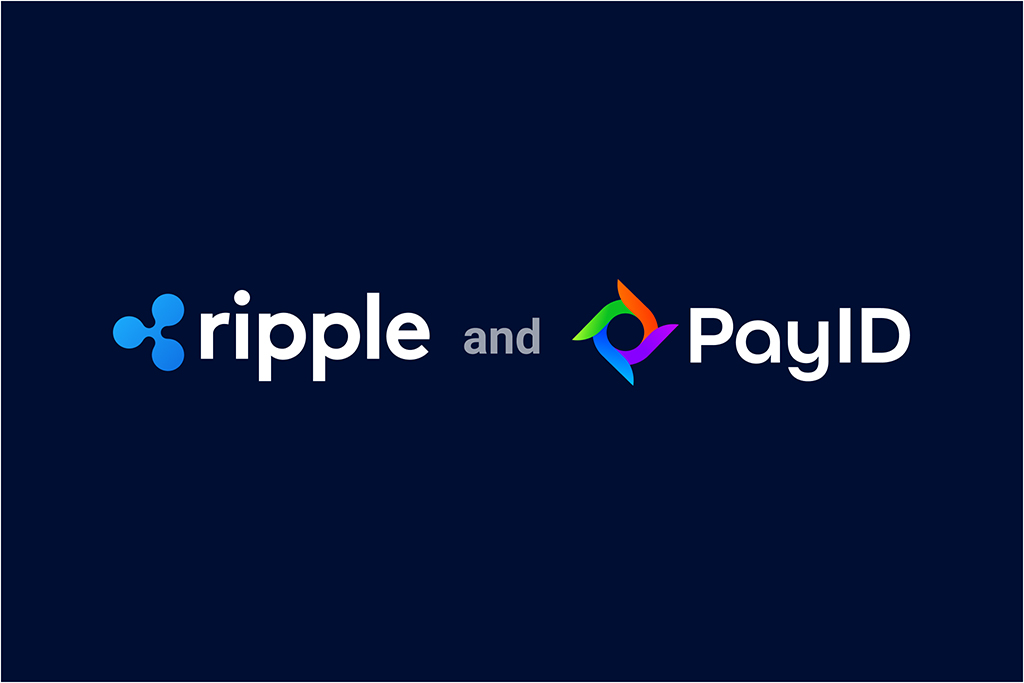Taking strong interest in blockchain, cryptocurrencies, and IoT, Tatsiana Yablonskaya got deep understanding of the emerging techs believing in their potential to drive the future.
Two years ago, Colu noticed that a new industry was forming around the idea of issuance of digital assets on top of a blockchain and released the Colored Coins protocol. At that time, the team aimed at the development of a protocol that would allow to define more than just a basic encoding scheme into the Bitcoin blockchain. The robust set of rules to extend the functionality of Bitcoin based assets was to be created.
Later, the Colu team changed the focus to a clearer understanding of the application side of blockchain and the way their protocol can fit in the ecosystem.
“Two years later, it is clear that the blockchain space got more exciting and definitely more confusing with new technological concepts created each day and an unprecedented wave of support by corporations, banks, regulators and academia — all of this started from a technology intended to remove the middleman. But are we really heading into a world without intermediaries or they will just have a new role?” Mark Smargon, Colu co-founder & VP blockchain, asks.
Now, Colu is in the process of open sourcing its tools and release them as an easy-to-install module called the Bankbox that is expected to increase adoption and address the needs of issuers around the world. Once the Bankbox is installed, users will be able to provide asset verification credentials, fund a wallet, issue currencies, track the assets, manage distribution and using the API/SDK they can integrate to their internal systems and create a wallet for the currency.
The Bankbox represents a new banking model where the custodian handles consumer funds on an external, shared ledger and requires cryptographic signatures from customers to prevent misuse. Transactions remain transparent as they are regulated directly on the blockchain. The access to battle-tested open-source tools capable of banking IT costs reduction will be provided.
The Bankbox consists of Full CC node, API, SDK, Explorer, Issuance tool and an open source wallet. The Colu team is planning to allow issuers launching payment hubs that will provide scalable payment infrastructure in the future.
The team decided to open source the code as it strives to attract more developers to work on Colored Coins and have more peer review and code contributions from the community. As for now, around 800 developers on Slack and a network of ambassadors around the world participate in the project.
Bitt will be the first deployment of the Bankbox in Barbados. As an active ColoredCoins member, it has contributed development resources as part of its mission to provide a local banking infrastructure for the entire caribbean area. Bitt will use the Bankbox to issue the “Barbadian dollar” on the grounds of ColoredCoins technology and in partnership of the Barbados central bank.
Some countries are now testing national digital currency pilots. The Bank of England started long ago while China’s Mint unveils it is working to apply Ethereum’s blockchain to the development of a national Yuan token.
Russia also strives to keep up. The deputy chairwoman of Russia’s central bank Olga Skorobogatova has recently revealed that it is high time to develop national cryptocurrencies as this is the future.




